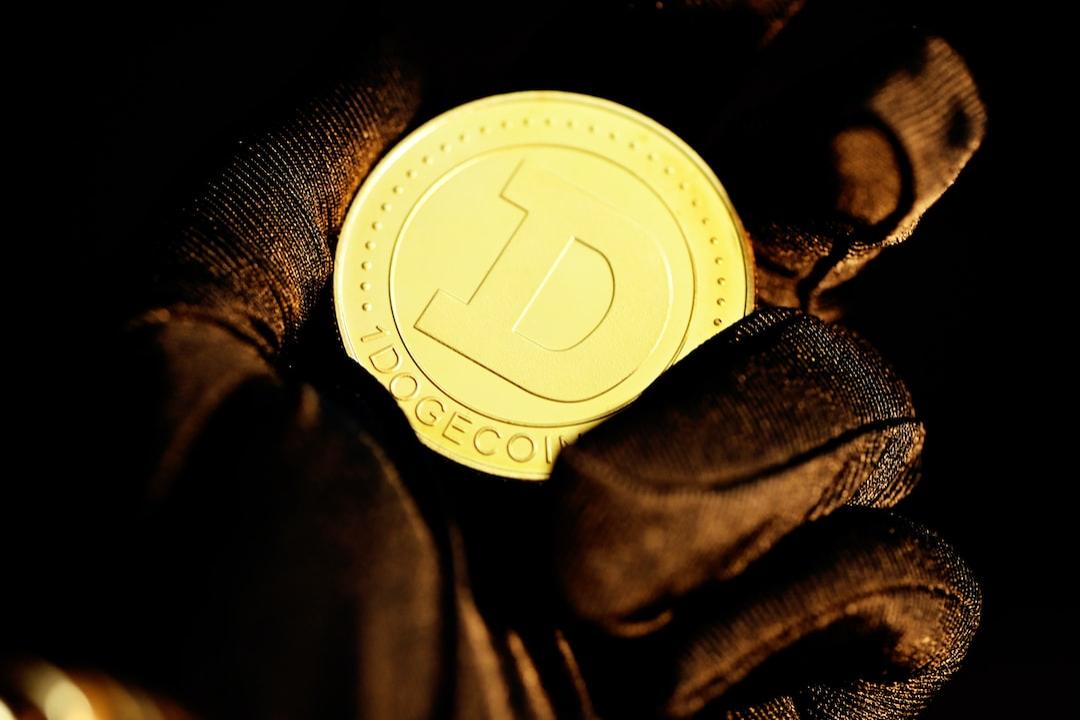China Information and Communication Research Institute (CAICT) released the 2023 Blockchain White Paper yesterday, which discusses the current development status of China’s Web3 ecosystem. Led by local governments and leading enterprises, the paper explores how decentralized technologies can enhance domestic institutional efficiency.
Table of Contents
Toggle
Global Blockchain Industry Status
Blockchain Startup Market
Blockchain Capital Market
Current State of China’s Blockchain Industry
Distribution of China’s Blockchain Industry
China’s Blockchain Capital Market
China’s Blockchain Industry Applications Starting Overseas
Local Governments Leading Industry Development
Local Governments Promoting Infrastructure
Local Governments Promoting Industrial Policies
China Has Not Abandoned the Cryptocurrency Industry
Due to various factors such as the macroeconomic environment, the growth of global blockchain companies has slowed significantly, with China and the United States maintaining a leading position in the number of cryptocurrency companies.
As of December 2023, there were a total of 10,291 blockchain companies worldwide, with the majority concentrated in the United States and China, accounting for 27% and 26% respectively.
The global blockchain industry financing has slowed down, with the United States taking the lead. In 2023, due to tightened regulatory policies, the financing of global blockchain companies in the first three quarters amounted to only 979 deals, totaling 6.054 billion US dollars, a decrease of 32% and 77% compared to the same period in 2022.
However, the financing amount of blockchain companies in the United States accounted for 50.0% globally in the third quarter of 2023, far surpassing other countries such as the United Kingdom (10.3%), Singapore (4.8%), and China (4.7%).
As of October 2023, there were 131 unicorn blockchain companies globally. The top five in terms of valuation were Binance ($45 billion), Upbit ($17 billion), Ripple ($15 billion), Blockchain.com ($14 billion), and OpenSea ($13 billion). The United States had the highest number of unicorn blockchain companies, with a total of 71, significantly ahead of other countries.
China’s blockchain companies are mainly concentrated in regions with a high level of digital development, including Beijing, Guangdong, Shanghai, Zhejiang, Jiangsu, and other provinces and cities.
As of the third quarter of 2023, Chinese blockchain companies have completed 14 financings, with a total disclosed amount of $54 million. Some blockchain companies that have received financing include Bianjie Intelligence, Yuchao Technology, Lingxiao Collection, and Dinglian Technology. According to Forbes’ 2023 Global Blockchain Top 50 list, China has six companies on the list, including Ant Group, Baidu, Construction Bank, Industrial and Commercial Bank of China, Tencent, and WeBank.
Domestic large companies have established new entities overseas and organized product launches and partner events to promote Web3-related fields:
– China Mobile Hong Kong, COSCO Shipping, and Huawei jointly established the Hong Kong Web3 Association.
– Aliyun, Avalanche, and MUA DAO launched the Cloudverse solution.
– Huawei Cloud officially announced the Web3 Node Service NES.
– Ant Group launched the AntChain Web3 brand Zan.
– Tencent Cloud launched the blockchain RPC service for developers and enterprises.
With the release of the policy document “Guiding Opinions on Accelerating the Application of Blockchain Technology and Industrial Development” in 2021, several provincial governments have accelerated the exploration and experimentation of city blockchain infrastructure to meet the needs of data sharing, resource management, and other public services. As of now, more than ten cities in China have completed and put into use their blockchain infrastructure, including Sichuan’s “Shuxin Chain,” Henan’s “Henan Chain,” Chongqing’s “Mountain City Chain,” Zhejiang’s “Zhijiang Chain,” Guizhou’s “Sovereign Chain,” Jiangsu’s “Taihu Chain,” and others.
In addition to blockchain infrastructure, many provincial governments in China have launched related projects to promote industry development, including Shanghai’s “Action Plan for Key Technologies in the Metaverse (2023-2025),” Chongqing’s “Meiyue Lake Global Digital Technology Innovation Measures (Trial),” Beijing’s “Digital Consumption Level Improvement Plan,” and Hainan’s “Measures to Accelerate the Development of the Blockchain Industry.”
Contrary to the misconception that China completely bans the circulation of cryptocurrencies within its borders, the government is actively promoting the development of blockchain technology, particularly in areas such as underlying networks, decentralized identity, and information sharing.
China only prohibits the speculation of cryptocurrencies, not the technology itself. By focusing on using decentralized technologies to enhance domestic industry efficiency and with the cooperation of leading enterprises and local governments, China has found a suitable strategy for the development of the blockchain industry. It is possible to witness a new round of interesting social experiments and applications in China.
Web3
China
Report
Regulation

